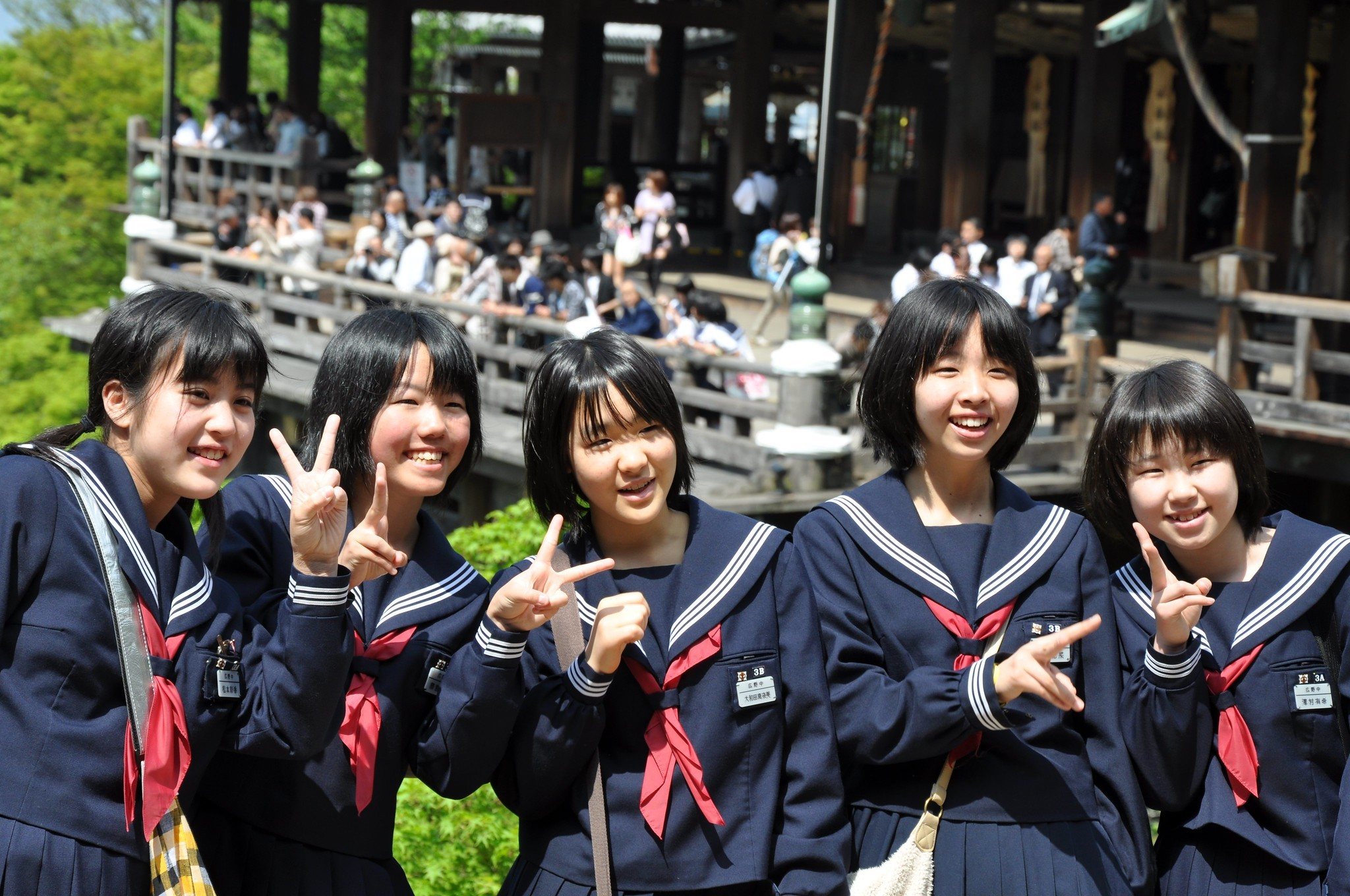Experience rich culture and teach English in Japan, the Land of the Rising Sun! The salary is very competitive which is a big advantage for any TEFL English teacher.

Japan has a contemporary hybrid culture, coming from Southeast Asia, Europe, and America. The majority of the population observe the Shinto and Buddhist religions. Its educational system teaches Japanese children not to work for themselves but to learn how to work together. In this light, the Japanese people believe that productivity is related to working harmoniously.
Japanese people place high regard for age and status. The oldest person in the group is revered and honored. This sense of hierarchy is also observed by Japanese students, calling students senior to them as ‘senpai’ and those junior to them ‘kohai’.
Learn more about teaching English abroad, read our article about the Introduction to teaching English.
We have also partnered with Let’s TEFL to offer accredited 120-hour TEFL courses with a 60% discount. Just use our exclusive promo code – TWOMONKEYS. Let’s TEFL courses include free certificate shipping!
Cost of Living for English Teachers in Japan
If you live in major cities like Tokyo, near upscale areas, schools in transportation hubs, chances are the cost of living will be higher for English Teachers than in other places in Japan. Utility costs tend to be high as well.
Accommodation: shared apartment – $600 to $800, or you may choose to stay at homestays for free in exchange for English lessons, or for a very minimal fee, usually located away from the big cities.
Utilities: $800 average cost per month
Food: $200 to $400 a month
It is possible to live on $1500 a month.
Salary for English Teachers in Japan
The Japanese government recently set the minimum wage for English teachers at $2500.
Pros of Teaching English in Japan
- Several malls and convenience stores
- Improving your Japanese language
- Getting a teaching job is easy, as Japan has a high demand for English teachers
- Awesome and efficient public transport
Cons of Teaching English in Japan
- The Japanese work an average of 15 hours a day, and seem to shy away from using sick leaves when they are sick, and instead, use vacation leaves. You may be expected to do the same.
- Individualism is discouraged and the group as a whole is more important, giving rise to group mentality.

How to Find English Teaching Jobs in Japan
Send out TEFL resumes that will be visible to your future employers, particularly if you want to apply to large companies or schools and language academies in the big cities. You can apply online at different TEFL sites, or accessing these job online resources for jobs in Japan:
- GaijinPot
- TEFL Search
- O-Hayo Sensei
- ELT News
You can also seek a recommendation or referral from someone already working in Japan.
Where to Teach English in Japan
You can teach in private English language schools, language academies, universities, particularly those in Tokyo, Osaka and Nagoya, Japan’s largest cities.

Requirements for English Teachers in Japan
- To work as an ALT English teacher, just have a visa that allows you to work(working holiday visa, valid for a year) and speak English better than the average Japanese.
- To work as an Eikaiwa English teacher, your English must sound closer to the native English speaker, have a working visa, and a bachelor’s degree in any field.
How to Process Your English Teacher Visa for Japan
Large employers usually process your working visa. Otherwise, you can get a working holiday visa valid for a year and head to Japan to get interviewed for teaching jobs.

Japan: Lifestyles, Customs, Do’s and Don’ts
Japanese people uphold respect for each other, so much that they would rather express ideas and things non-verbally than hurt the other person’s feelings, preferring to be non-confrontational. Punctuality is also a sign of respect. In business relationships, they favor those they already have a personal relationship with.
Wait for someone to introduce you, or ask someone to introduce you, and do not introduce yourself when in a meeting. Japanese are formal, conservative and observe rituals. Always dress conservatively.
Remember to remove your shoes before entering their homes when they invite you. Slurping noodles loudly is a sign of approval, and is usually expected at the dinner table.
Before you start to teach English in Japan you can get a TEFL certification online first to prove your relevance. But no worries as we have partnered with Let’s TEFL to offer accredited 120-hour TEFL courses with a 60% discount. Just use our exclusive promo code – TWOMONKEYS. Let’s TEFL courses include free certificate shipping!
[box]We have also partnered with World Tesol Academy to provide an online TESOL certification course for the lowest price you will find anywhere – $34 USD! We recognised how badly affected many people around the world have been by the Covid / Coronavirus situation. So, we spent a lot of time discussing with this great company how they could come up with an affordable solution to help people afford the opportunities that an online TEFL / TESOL certification can bring.[/box]
[line]
Are you on Pinterest? Pin these!






